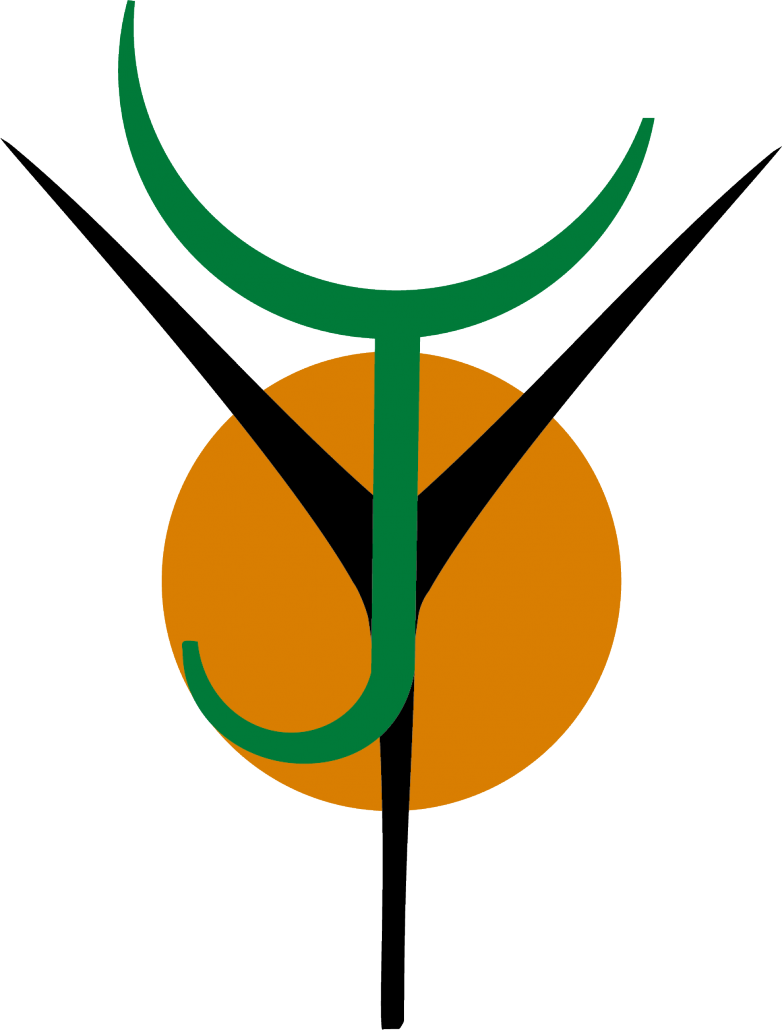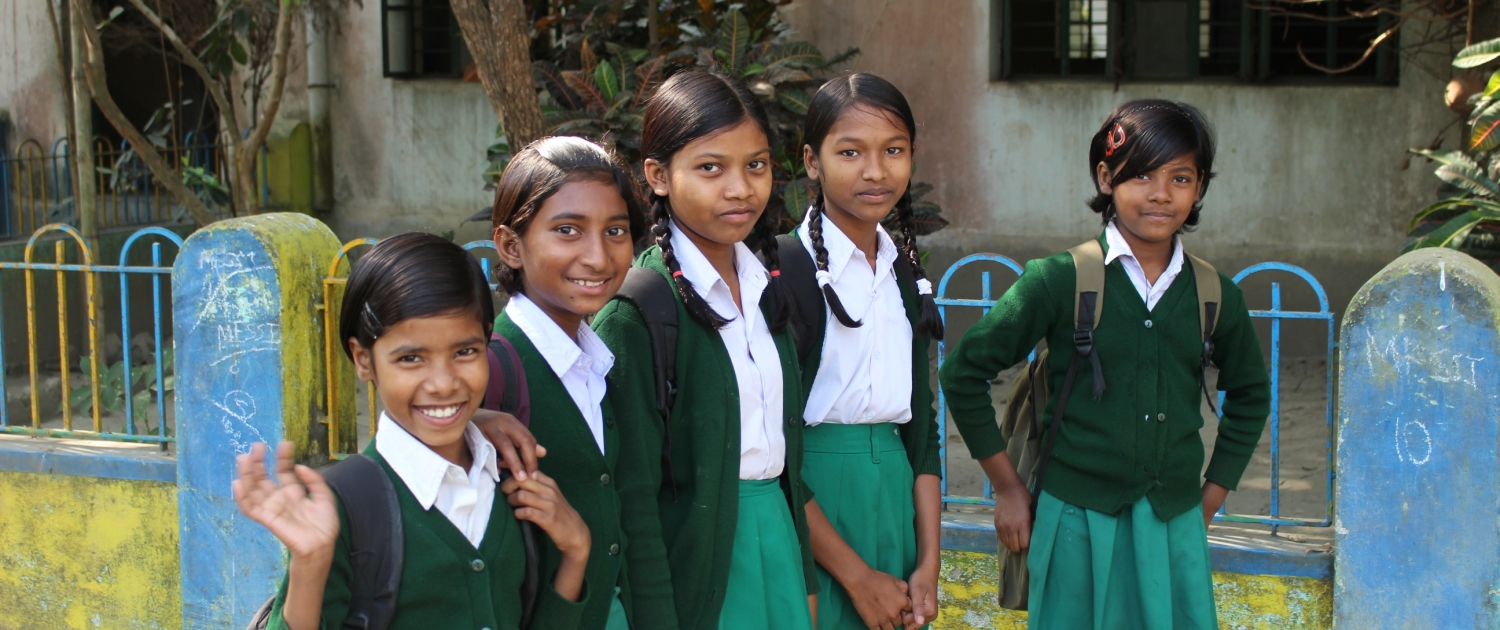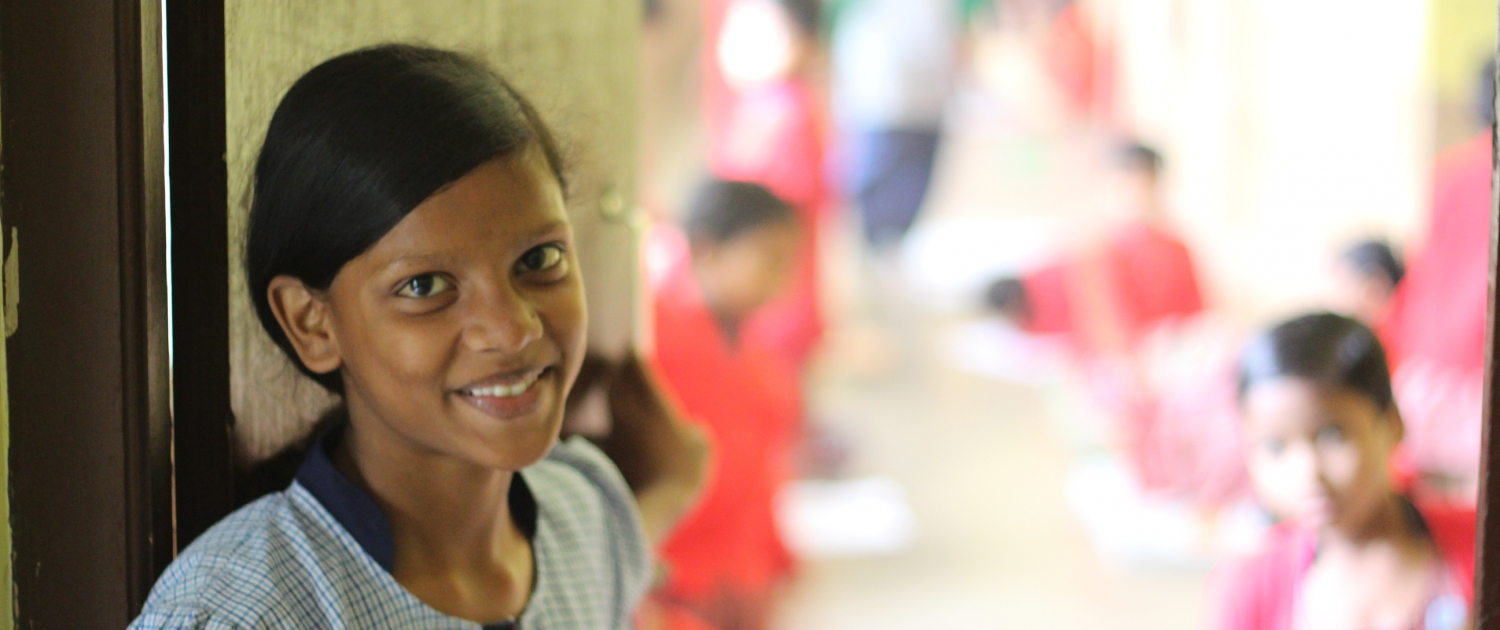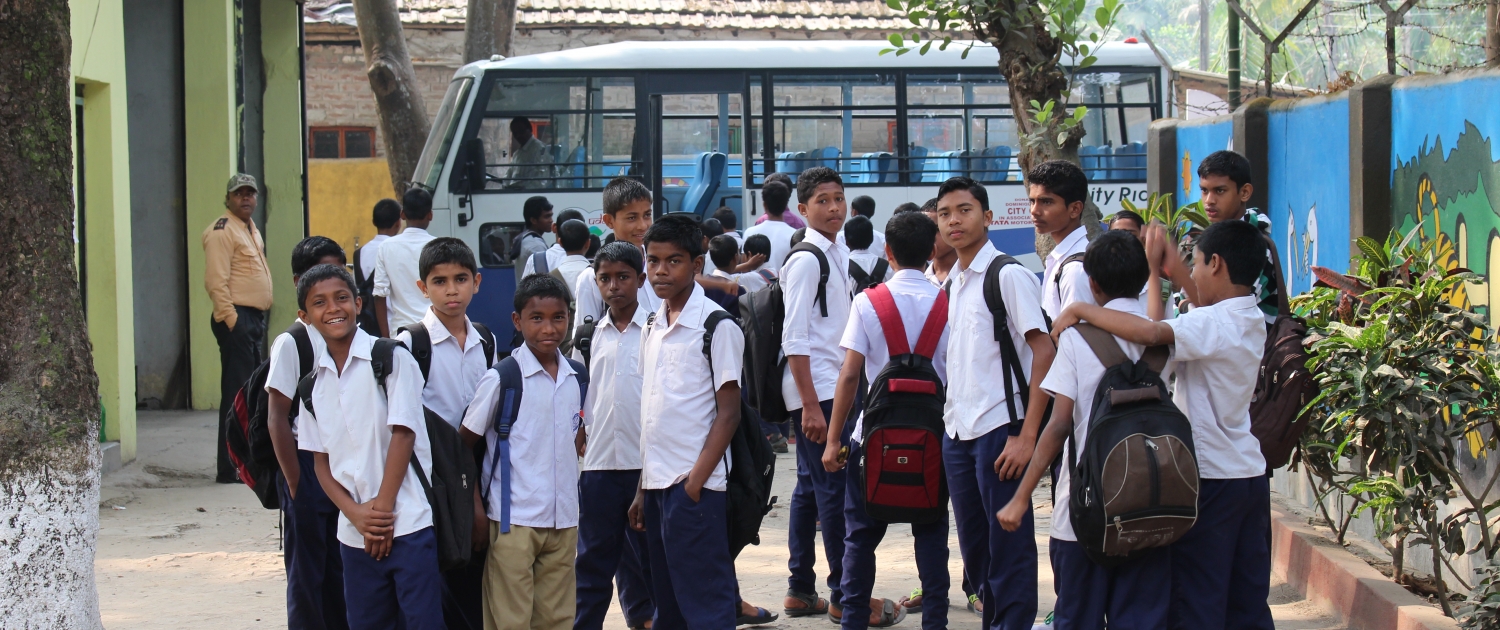Udayan
Udayan is a home for children affected by leprosy some twenty miles north of Kolkata in Barrackpore, West Bengal, India.
In Bengali, Udayan means dawn or resurrection, and by providing children who might otherwise be shunned at the first sign of the disease and reduced to a life of begging, crime or prostitution, with accommodation, education and medical care, the home seeks to give them a new beginning.
Udayan was founded in 1970 by an English businessman, James Stevens who, after spending two years in India, felt called to serve the poor. When he asked Mother Teresa who amongst, the poorest of the poor, she felt were most in need, her response was unhesitating: the children of lepers. Borrowing a truck from her, he ventured into Anand Nagar (the City of Joy) slum and managed on that first occasion to persuade some of the lepers in its least accessible reaches to let him take eleven children into his care.
Today Udayan is home to some 300 boys and girls, aged between 4 and 18, who are looked after by about 30 staff. Leprosy is a curable disease. With multi-drug therapy, a nutritious diet, a clean environment, exercise such as yoga, dance and cricket, and proper treatment of any other medical conditions, the children can be restored to health however most children born into leprosy-affected families get caught in a vicious, intergenerational cycle of leprosy.
Udayan aims to break the intergenerational cycle of leprosy, providing each of the 300 children in its care with a home, an education and the medical care so they they can rise above leprosy and its associated poverty. Ensuring that every child who comes to call Udayan home, has a safe environment to grow and pursue studies so that they leave with the skills to ensure better livelihoods, rising above leprosy and breaking this intergenerational cycle for good.
The youngest children at Udayan are educated on site but from Class V onwards they attend secondary schools in the local village, Sewli.
Three times a year the children go home for two weeks. Their parents are also invited to visit Udayan once a month. Thus contact is maintained with their families who are sometimes in the advanced stages of the disease and frequently live in ghettos, scratching for subsistence on rubbish dumps or begging. If they are employed it is as day-workers on a pittance.
The aim is for every child to leave with the skills to create or find employment to provide not only for themselves but also for their extended families, and so bring hope and a brighter future for some of India’s most marginalised.



